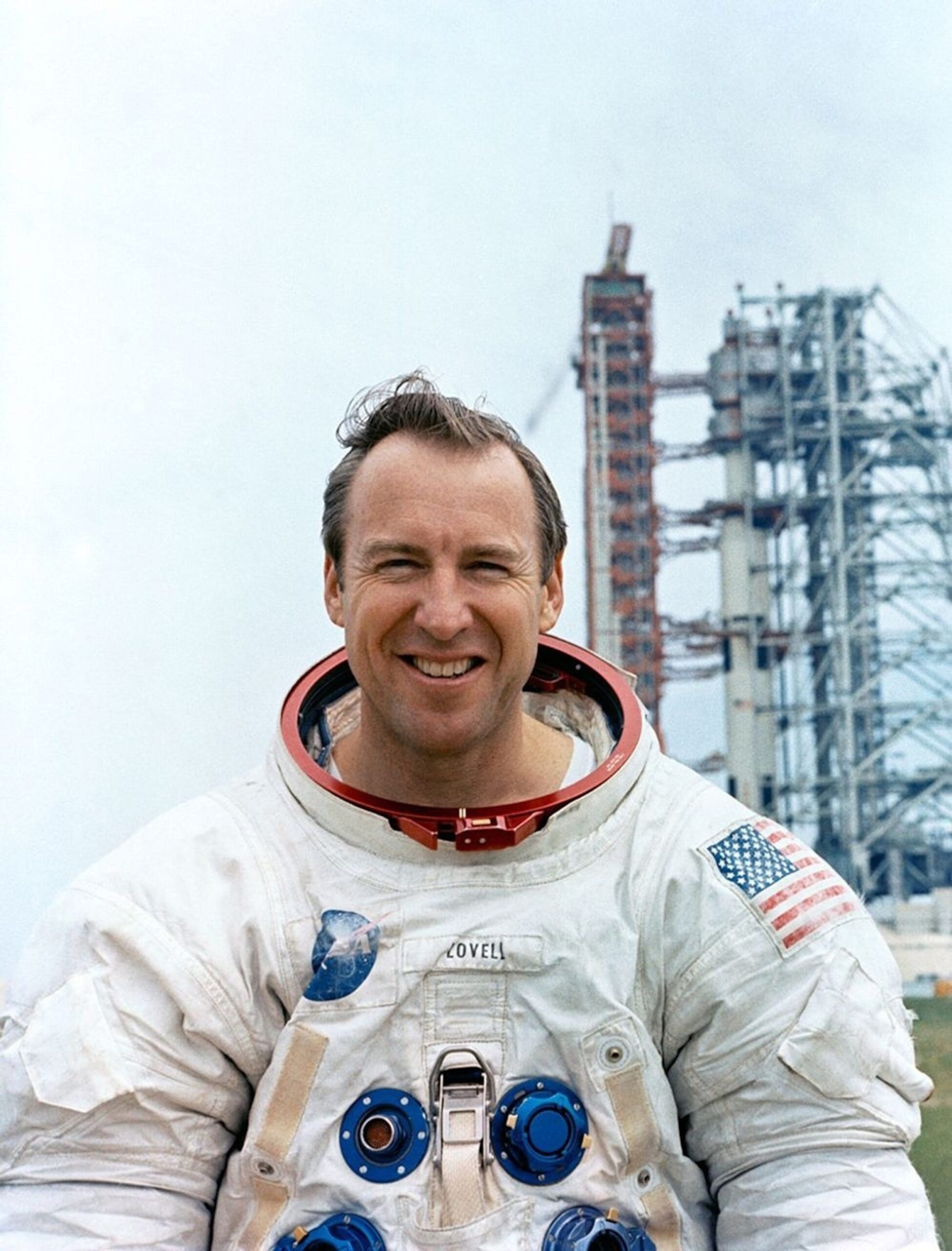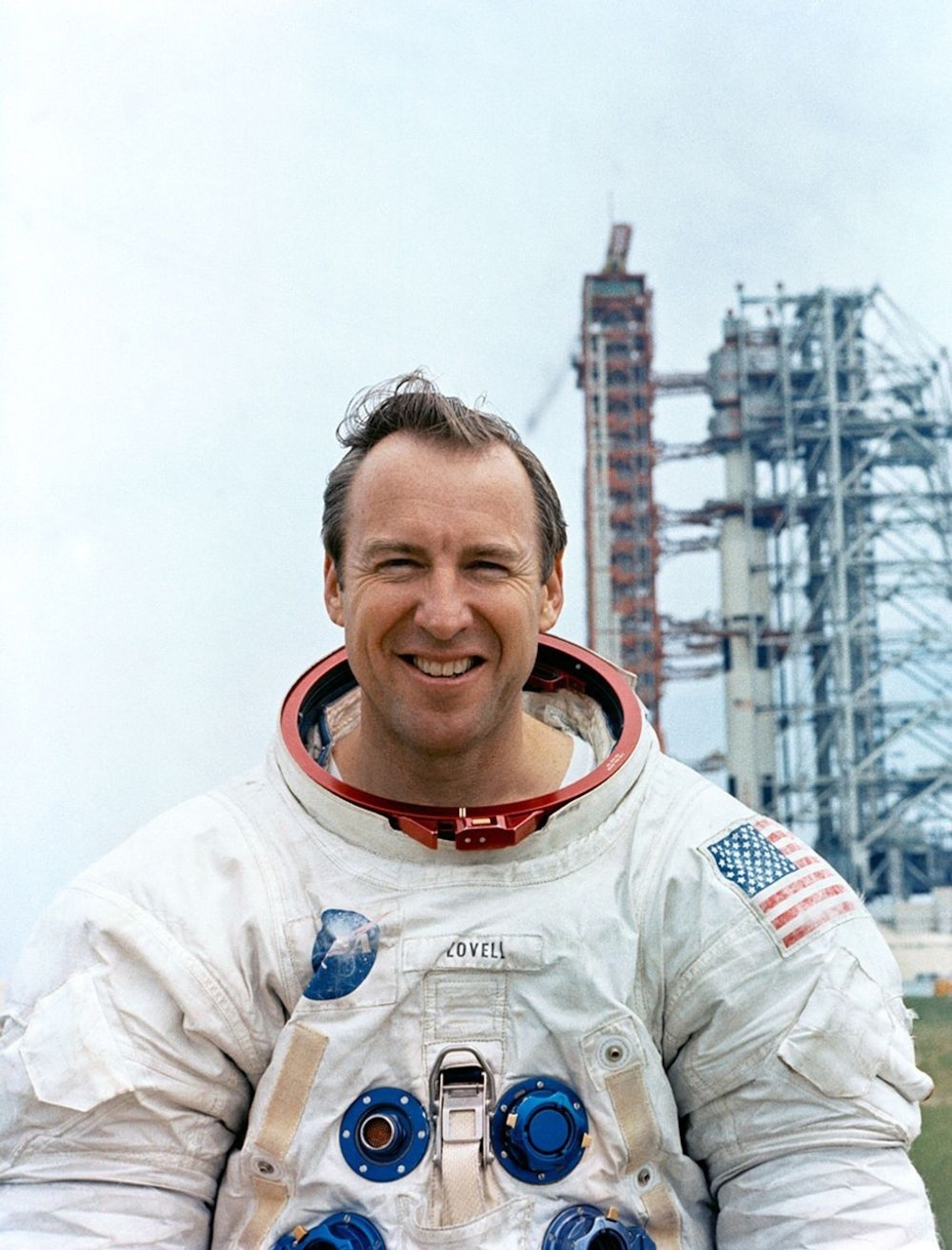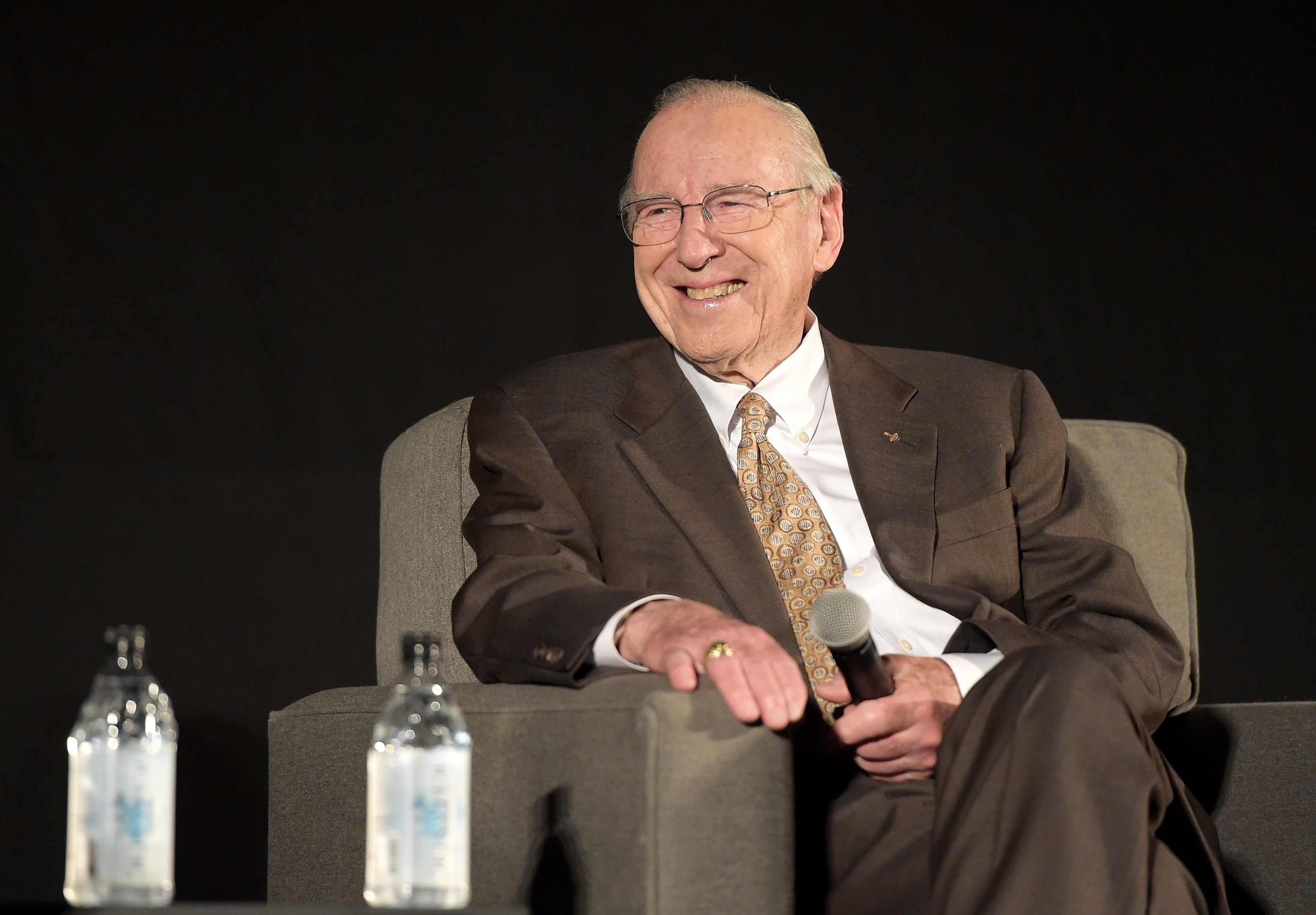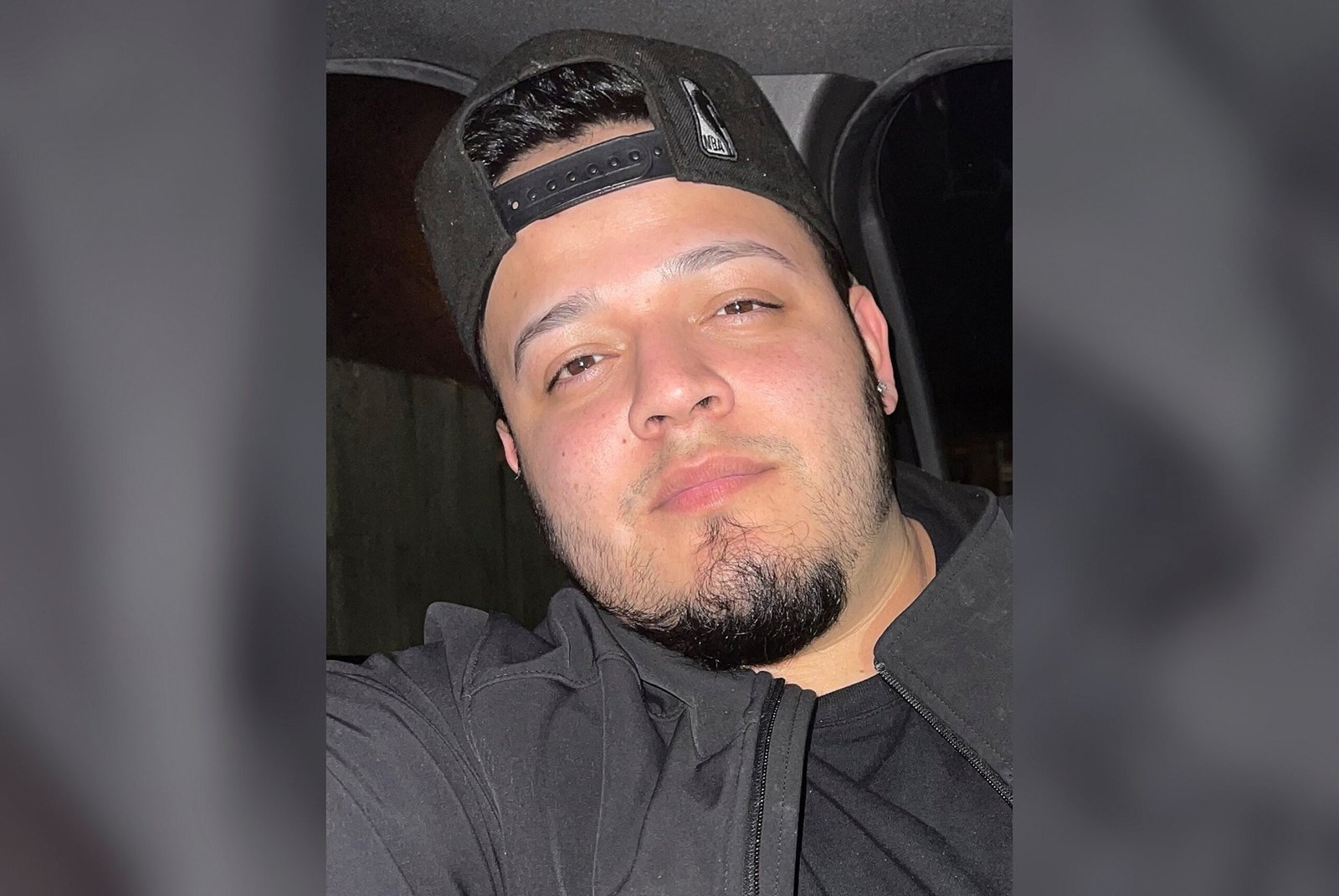Jim Lovell, commander of the Apollo 13 mission, dies at 97

Jim Lovell, the commander of the famous Apollo 13 mission, has died, according to NASA. He was 97 years old.
“We are saddened by the death of Jim Lovell, commander of Apollo 13 and a four -time space flight veteran,” the space agency said. “Lovell’s life and work inspired millions. His courage under pressure helped forge our way to the moon and beyond, a trip that continues today.”
Lovell died on Thursday in Lake Forest, Illinois, according to a statement from NASA’s interim administrator, Sean Duffy.
In 1968, as a pilot of the Apollo 8 command module, he became, with Frank Borman and William Anders, one of the first three astronauts to fly and orbit the moon.
A veteran of several missions, Lovell became the commander of Apollo 13, who almost avoided the disaster after an oxygen tank in the service module exploded two days on the mission.
Lovell was portrayed by Tom Hanks in the “Apollo 13” directed by Ron Howard, who represented the events that surrounded the mission.
Born in Cleveland, Ohio, on March 25, 1928, Lovell attended the University of Wisconsin in Madison and the United States Naval Academy. He was selected as Astronaut by NASA in 1962.

Astronaut James A. Lovell Jr., commander of the Lunar Apollo 13 landing mission, stops for a quick photo while training for the Apollo 13 mission.
NASA/JSC
He served as a backup pilot for the flight and support commander of Gemini 4 for the Gemini 9 flight, and was selected as a backup commander for Neil Armstrong in the Apollo 11 lunar landing mission.
In December 1965, he and Borman threw themselves into the space in the Gemini 7 Mission of History. The flight included the first appointment of two manned maneuverable spaces.
The Gemini 12 mission, commanded by Lovell with the pilot Edwin “Buzz” Aldrin, began on November 11, 1966. This 4 -day flight and 59 revolution led the Gemini program to a successful closure.
Lovell served as a pilot and browser of the command module on the six -day trip of Apollo 8 at the end of December 1968. Lovell, Borman and Anders became the first humans to abandon the gravitational influence of the earth and the first to reach the moon, with the crew orbiting the moon ten times without landing.
As commander of Apollo 13, he became the first person to travel twice to the moon. Rancing on April 11, 1970 and scheduled to last 10 days, the mission was aborted due to a malfunction in the oxygen tank in the service module two days after the mission.
Lovell and his teammates, John L. Swigert and Fred W. Haise, working with Houston’s ground controllers, then turned their lunar module into an effective lifeboat. Its activation and emergency operation of lunar module systems retained both electricity and water in sufficient supply to ensure survival while it was in space.
The members of the Apollo 13 crew returned safely to the Earth on April 17, 1970.

Astronaut Jim Lovell speaks before the projection of ‘Apollo 13’ during the second day of the TCM Classic Film Festival, March 27, 2015, in Los Angeles.
Stefanie Keenan/Wireimage/Getty Images
Lovell retired from the Navy and the Space Program on March 1, 1973. He worked in the telecommunications industry and retired as Executive Vice President of Centel Corporation in 1991.
He received the Congress Medal and the Presidential Medal of La Libertad.
He was married to his wife Marilyn for more than six decades until his death in 2023. Four children survive.







